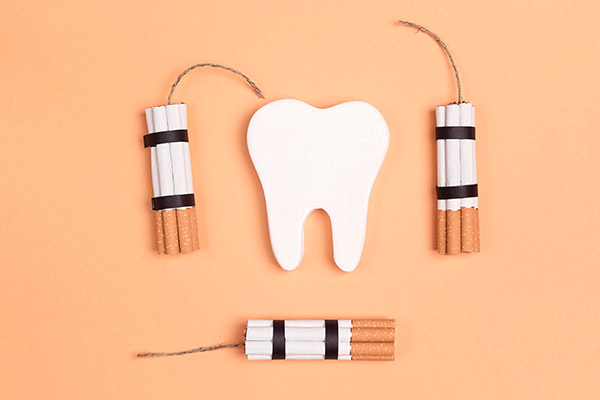 Getting dental implants is an important step toward restoring a healthy smile, and following the right aftercare is essential for a smooth recovery. An implant dentist provides clear instructions to help ensure proper healing and long-term success. Knowing what to expect and how to care for the implant site can help prevent complications.
Getting dental implants is an important step toward restoring a healthy smile, and following the right aftercare is essential for a smooth recovery. An implant dentist provides clear instructions to help ensure proper healing and long-term success. Knowing what to expect and how to care for the implant site can help prevent complications.
Managing discomfort after surgery
Mild discomfort is normal after implant placement. Some swelling and tenderness may occur, but these symptoms usually improve within a few days. Using an ice pack on the outside of the cheek for short intervals can help reduce swelling.
An implant dentist may recommend pain medication to manage any discomfort. It is important to take all medications as directed. Resting and avoiding strenuous activities for at least 24 hours can also help with healing.
Eating and drinking after the procedure
Diet plays a key role in recovery. Soft foods such as yogurt, mashed potatoes, scrambled eggs, and smoothies are good choices for the first few days. Avoid hard, crunchy, or sticky foods to prevent pressure on the implant site.
Drinking plenty of water is important, but using a straw should be avoided, as it can disturb the healing process. Hot foods and beverages should also be avoided during the first 24 hours.
Keeping the implant site clean
Good oral hygiene is essential after getting dental implants. An implant dentist will provide specific instructions on how to clean the mouth without disturbing the healing area. Rinsing with warm salt water several times a day can help reduce swelling and keep the area clean.
Brushing should be done gently, avoiding direct contact with the implant site for the first few days. A soft-bristled toothbrush and non-alcoholic mouthwash can help maintain oral health without causing irritation.
Avoiding harmful habits
Certain habits can slow down healing and affect the success of dental implants. The patient should avoid smoking since it can increase the risk of infection and implant failure. Chewing on hard objects, such as ice or pen caps, can also put pressure on the implant and should be avoided.
Follow all instructions from the implant dentist to ensure the best results. Attending follow-up appointments will allow the dentist to check on healing and address any concerns.
Recognizing signs of a problem
While most people heal without issues, knowing when to seek help is important. If there is severe pain, excessive bleeding, or signs of infection such as fever or pus, contact an implant dentist right away.
A loose implant or difficulty chewing after the healing period may also be a sign that further care is needed. Regular visits to a general dentist help ensure that the implant remains in good condition for years to come.
Caring for a lasting smile
Proper aftercare promotes a smooth recovery and long-lasting results. Following instructions from an implant dentist can prevent complications and support healing. Visit an implant dentist at Inna Goykman-Amir DDS to learn how dental implants can help restore your smile.
Request an appointment or call Inna Goykman-Amir DDS at 718-416-6364 for an appointment in our Brooklyn office.
Related Posts
An implant dentist is a dental professional who specializes in dental implant care. They can help their patients understand how important it is to keep up with good oral hygiene to extend the longevity of their dental implants. Although implants are strong and not prone to decay, they still need regular care to avoid problems…
Dental implants are a long-term solution for missing teeth, but their longevity depends on proper care and professional maintenance. An implant dentist can help ensure dental implants remain in optimal condition for many years to come. Seeking an implant dentist’s care can help extend the life of your dental implants and preserve your oral health.Routine…
An implant dentist provides a long-term solution for missing teeth. They accomplish this through dental implants, which restore smiles by enhancing speech, chewing ability, and overall oral health while looking natural. By working with an implant dentist, patients can benefit from expert care that preserves jawbone health, protects surrounding teeth, and ensures lasting stability.An implant…


